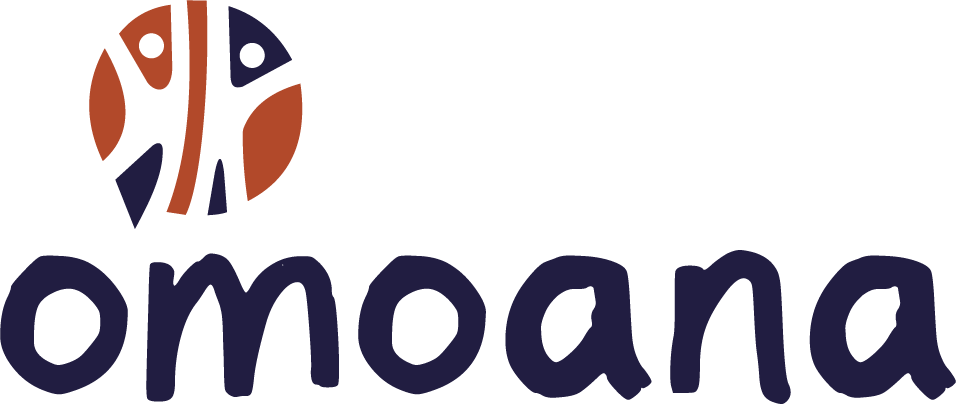When HIV-positive and malnourished children are welcomed into Omoana House, the question of reintegration arises from day one. If they arrive in life-threatening conditions, this is often because they have been left to fend for themselves in remote villages in the Jinja region. The Omoana House social worker will visit the children’s families regularly, even before they are reintegrated. She will then have to work with her colleagues to assess which member of the family will be best able to look after them once their state of health has stabilised.
As with each of her projects, Omoana tries to take a holistic approach. To ensure that children are treated as individuals in their own right, it will run HIV/AIDS awareness sessions in their communities. This will encourage reintegration, so that the child is not discriminated against. In the schools and communities she will visit, she will also talk about how to prevent infection, as well as the importance of knowing one’s viral status. Thanks to the team at our partner St.Francis HCS, a health centre for people living with HIV, everyone has the opportunity to take a test, if necessary, get treatment and avoid infecting other people (partners, future children). This can be particularly useful in cases where the children’s own parents do not accept that they are HIV-positive. They need to be convinced to take charge of their own lives so that they can look after their children. The fight against AIDS is not just a question of care. It is first and foremost a social issue. Ignorance can wreak havoc. That’s why Omoana has joined forces with its partner St.Francis HCS and is benefiting from its expertise, to enable 1,301 people in 19 villages to have access to such services in 2013.
Adrien Genoud
Coordinator


